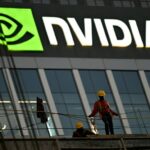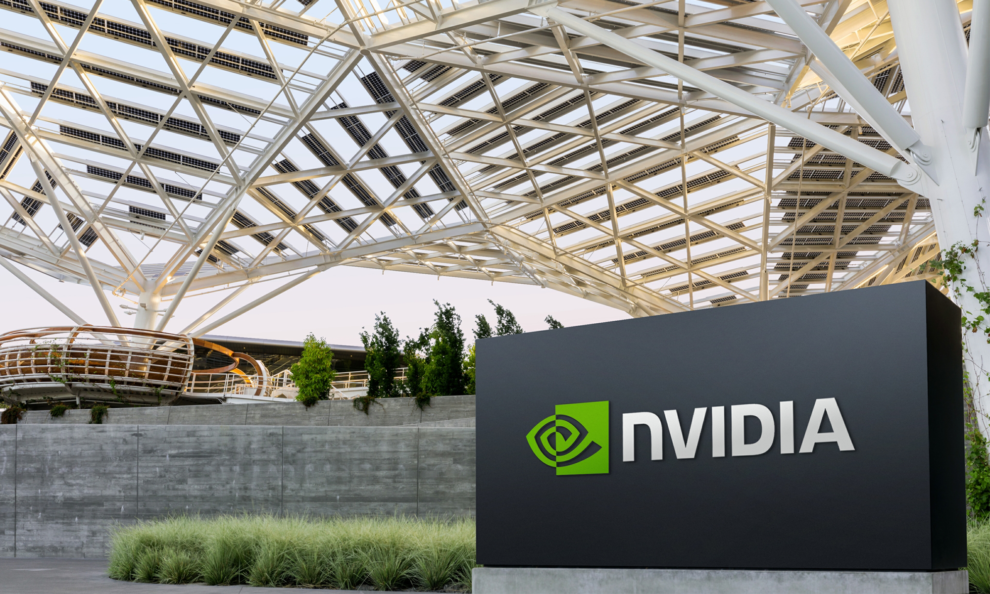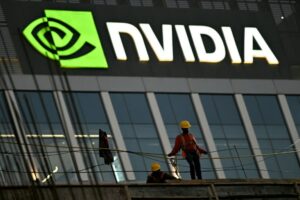
Nvidia’s recent sell-off presents a buying opportunity.
I was right about Nvidia (NVDA 1.51%). And I was wrong, too.
Earlier this week, I predicted the stock would soar after its fiscal 2025 second-quarter update on Aug. 28 for three key reasons: blowout numbers, stellar guidance, and clarity on its Blackwell platform launch. Nvidia indeed reported blowout Q2 numbers. It provided stellar guidance. The company also gave more information about when it would begin shipping Blackwell.
However, Nvidia’s shares didn’t soar despite all of this good news. Instead, the stock tumbled 6% lower the day after its Q2 update.
Should investors buy Nvidia stock hand over fist after its latest pullback? Here are four reasons why the answer could be a resounding “yes.”
1. Blackwell is coming soon
Nvidia CFO Colette Kress said in the company’s Q2 earnings call that the Blackwell platform will ramp up production beginning in the fourth quarter of fiscal 2025. She added that Nvidia expects Blackwell will generate “several billion dollars” of revenue in Q4. Kress mentioned that demand exceeds supply, a trend that should extend into next year.
CEO Jensen Huang clarified that Nvidia will begin shipping Blackwell in Q4. He touted Blackwell’s capabilities and maintained that it’s “going to be a complete game-changer for the industry.” Huang emphasized that Blackwell isn’t just a graphics processing unit (GPU); it’s “an AI infrastructure platform” that offers between 3 times and 5 times more AI throughput than Nvidia’s Hopper platform.
Some investors might have been disappointed that Nvidia missed its “whisper” earnings number in Q2 despite beating the official Wall Street estimates. However, I suspect the release of Blackwell will soon wipe away those misgivings.
2. The $1 trillion data-center migration
It’s important to keep in mind why Blackwell and forthcoming innovations are so critical to Nvidia’s success. A massive migration of data centers from CPUs to GPUs is underway. As Huang said in the Q2 call, “$1 trillion worth of data centers in a few years will be all accelerated computing. In the past, no GPUs are in data centers, just CPUs. In the future, every single data center will have GPUs.”
Don’t look at this as an opportunity for Nvidia that’s well into the future, though. Huang noted that the company expects its data-center business will grow “quite significantly next year.”
3. The next generation of generative AI is at hand
One reason why data centers need powerful GPUs is that the next generation of generative AI is at hand. According to Huang, “The world of human-engineered software is moving to generative AI software.” He noted that Nvidia is already using generative AI coding “quite extensively.”
But while the use of generative AI in coding, chatbots, and image generation is accelerating, Huang argues that’s “just the tip of the iceberg.” He mentioned several other areas that generative AI is transforming, including ad targeting, large-scale recommender systems, robotics, and search systems.
Importantly, training next-generation AI models will require 10 times to 20 times more computing power. This creates a huge growth market for Nvidia, one the company is capitalizing on.
4. Nvidia plans to buy its shares hand over fist
There’s at least one other reason to buy Nvidia stock after the recent pullback: The company plans to buy its shares hand over fist. Nvidia’s board of directors approved a $50 billion stock-buyback authorization. This comes on top of the $7.5 billion remaining on the existing share-repurchase authorization.
Sure, the total amount of authorized-stock buybacks represents less than 2% of Nvidia’s market cap. However, the increased authorization underscores that the board believes in the company’s future growth prospects. With Nvidia prepared to bet another $50 billion on itself, it could give investors putting up much less money to buy the stock with more confidence in their decision.
Keith Speights has no position in any of the stocks mentioned. The Motley Fool has positions in and recommends Nvidia. The Motley Fool has a disclosure policy.








